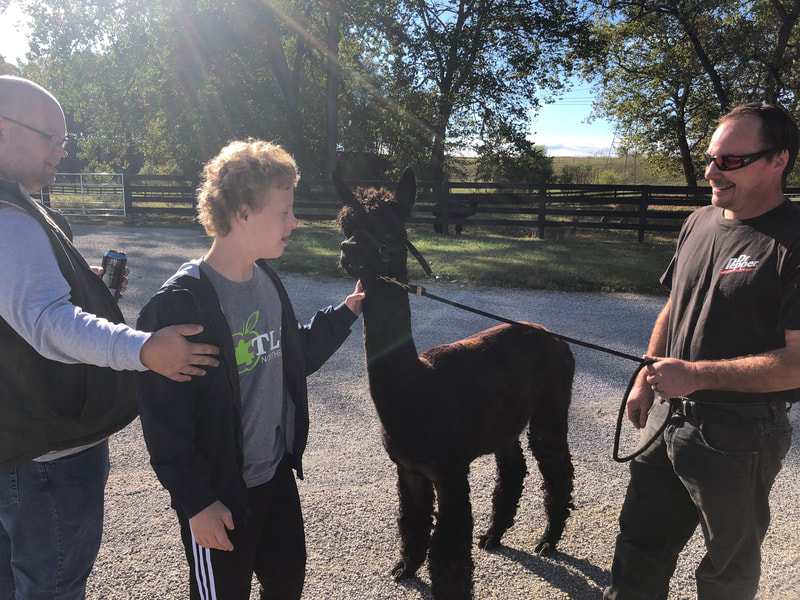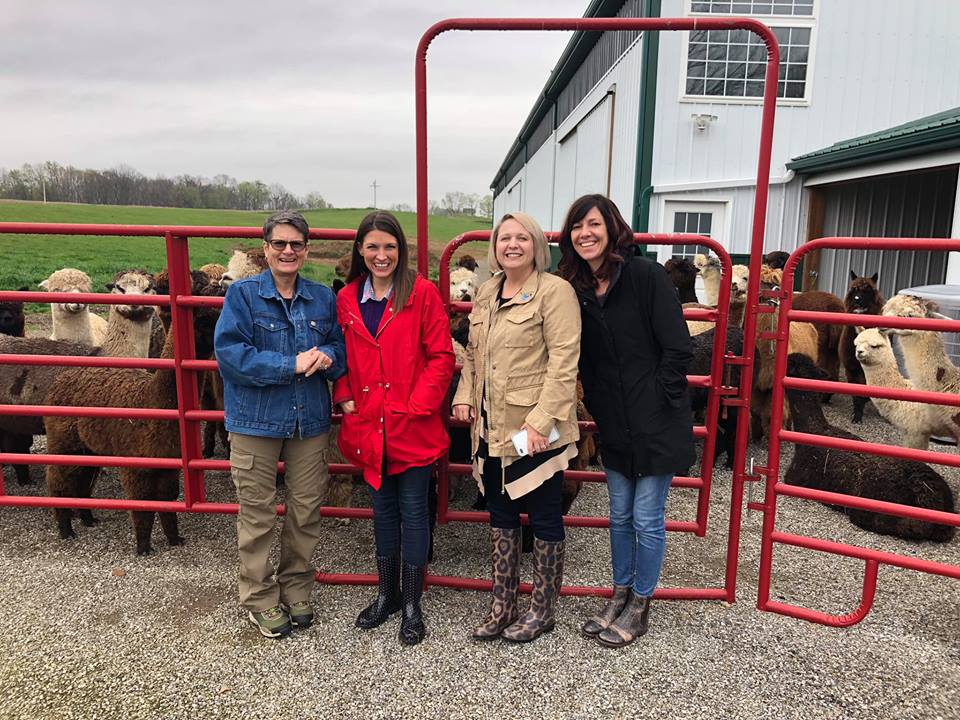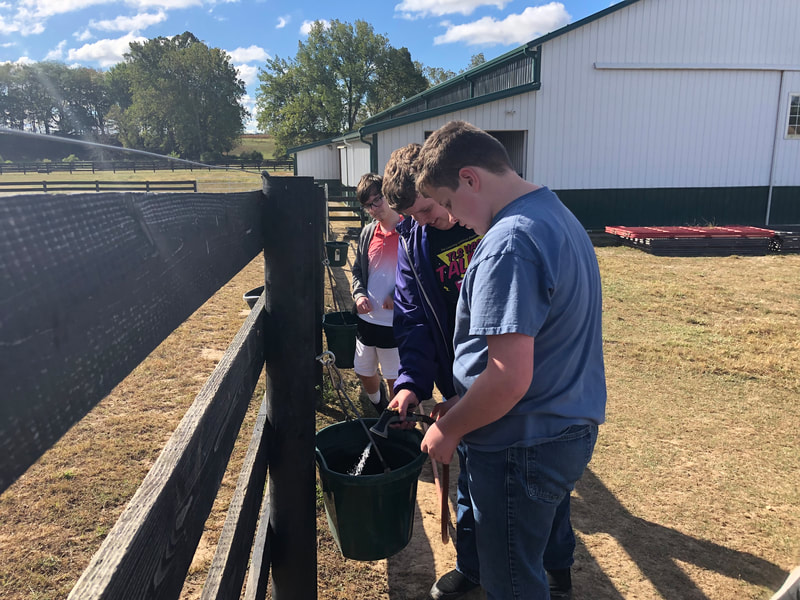|
By Dr. Mary Salmon, TLS Senior Director of Education, Learning 4 Life Farm Advisory Board Member Founding board member and staffer Dr. Mary talks about the need for employment programs for young people with autism, alpaca therapy, and her own love for this project. Individuals with autism face many challenges including difficulties associated with social pragmatics, social interaction, eye contact and reading non-verbal behavior, sensory oversensitivity and repetitive behaviors. Many persons with ASD have markedly constrained repertoire of activities which can also be developmentally inappropriate. The scientific community is in agreement that early intervention can foster growth and development. Despite high quality intervention such as is provided at The Learning Spectrum many individuals with autism will require ongoing intervention and support across the life span.
Historically, young adults with autism have the poorest employment outcomes among young adults with disabilities. In recent years, researchers looking at employment outcomes found that when young adults with autism have opportunities to participate in programs that adequately prepare and support them as they enter the workforce, they can be successful and valuable employees. Other studies that examined employment rates among young adults with autism show that there remains a significant need for programs that strengthen employability skills and provide opportunities for practice. Learning 4 Life Farm is being designed to provide a venue where young adults with autism will have opportunities to explore employment options and practice valuable workplace skills including working with and caring for alpacas, growing and harvesting flowers and vegetables, and creating and selling products in the gift shop. Additionally, the Farm will be a place where individuals of all ages with autism can experience the wonders of nature and the outdoors, enhance their well-being through active or passive involvement in plant and plant-related activities, develop age appropriate leisure skills away from tablets and computer screens and interact with our alpacas in a sensory friendly environment. The use of animals as part of a therapeutic intervention program has been demonstrated to have noticeable benefits. Researchers in the field of animal assisted therapy suggest that animals may act as a social catalyst while assisting the individual with autism to become more comfortable within the therapeutic environment (Fine, 2006). Ming-Lee Yeh (2008) concluded that animal assisted therapy was helpful to children in recognizing their environment as well as practicing higher level interpersonal skills. Grandin and Johnson (2006) hypothesize that one of the reasons why some individuals with autism relate well to animals is due to sensory-based thinking (thinking in pictures, smells, sounds, etc.). At Learning 4 Life Farm, individuals with autism will be introduced to the alpacas in a quiet space away from fluorescent lighting or other sensory distractions. Participants will learn about alpacas and their care. Why alpacas on the Farm? They are cute, their “poo” makes good compost for our gardens and Dr. Mary wants a lifetime supply of alpaca yarn!
0 Comments
Leave a Reply. |
BlogArchives
March 2024
Categories |




 RSS Feed
RSS Feed